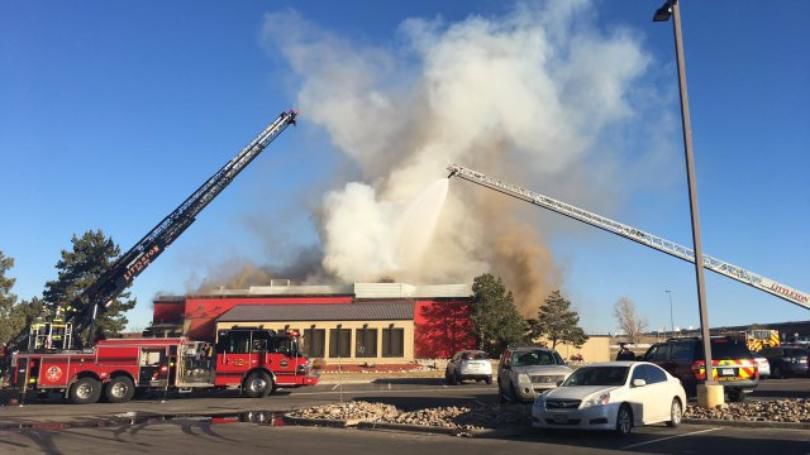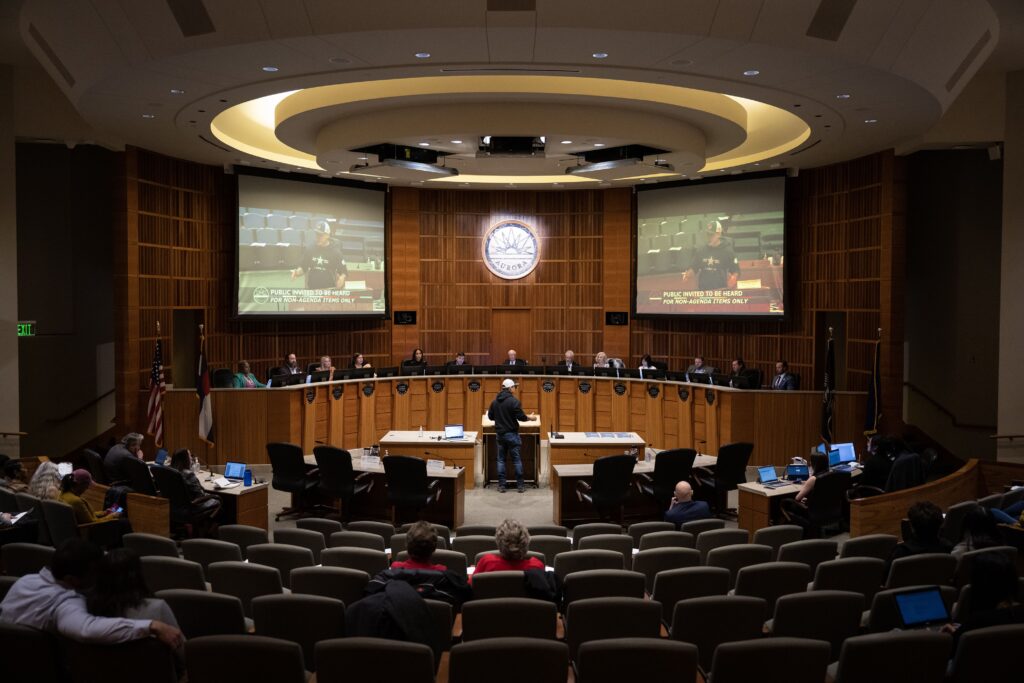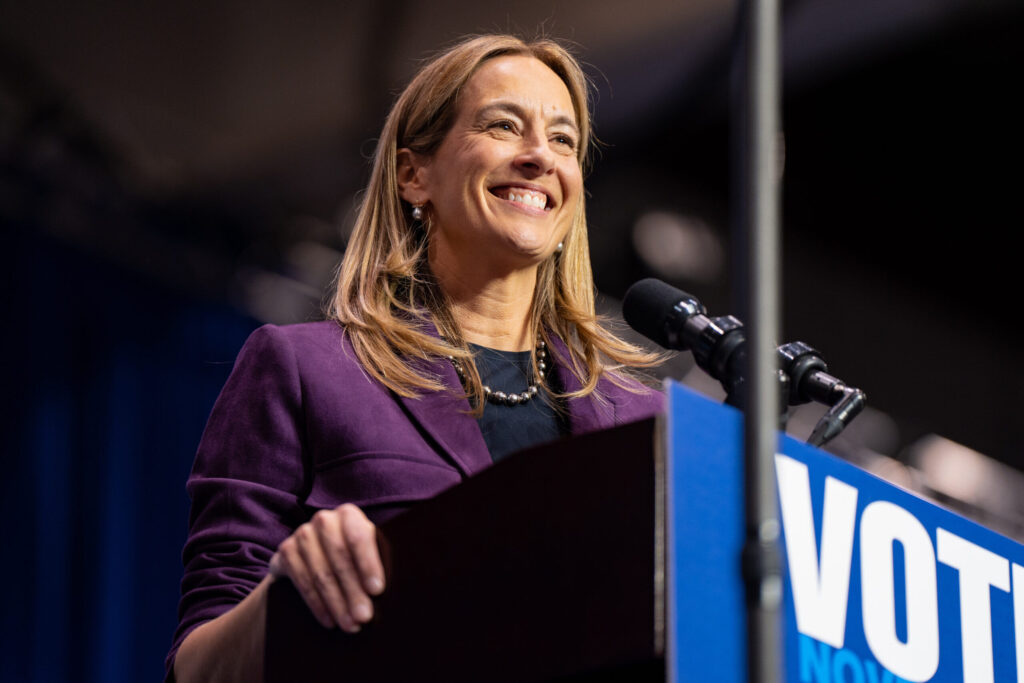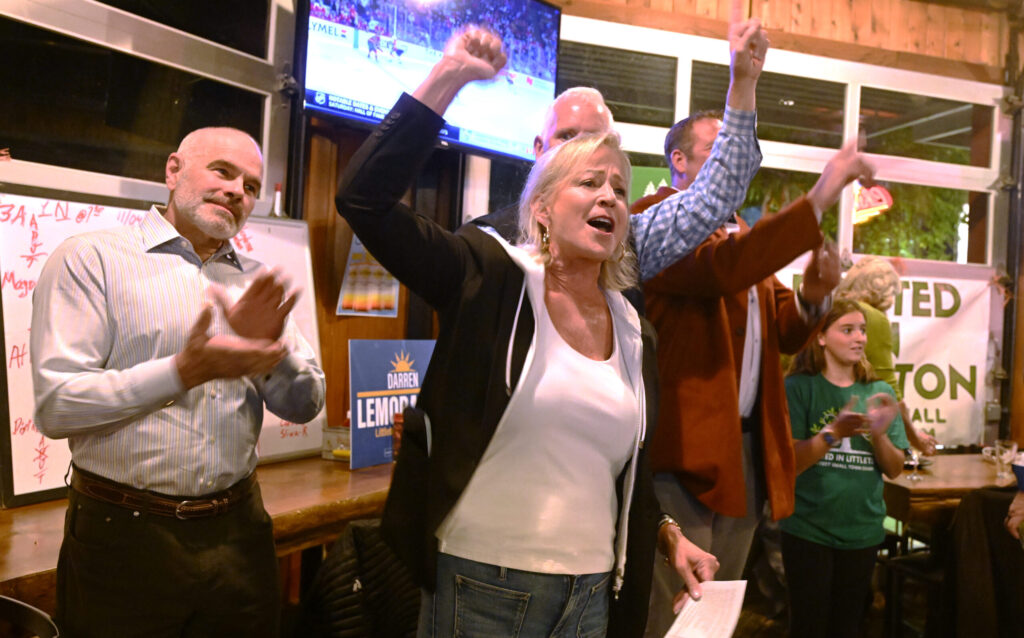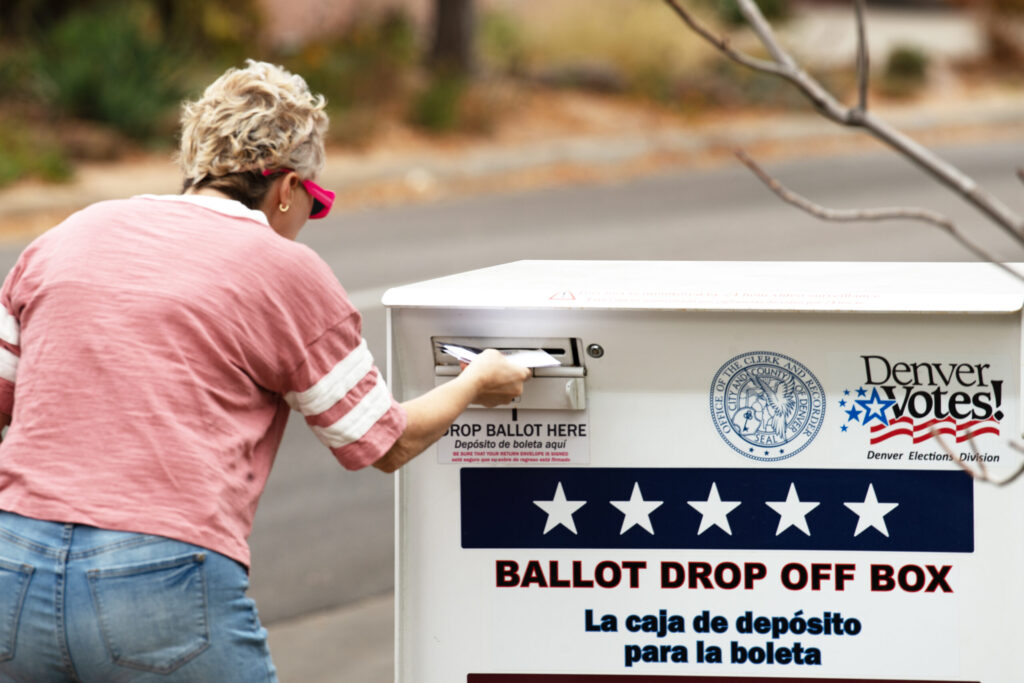Congressional candidate Allard sees little need for campaign spending limits | A LOOK BACK
Thirty-Five Years Ago This Week: As the the Colorado Republican Party Assembly drew closer, former Colorado state Sen. Wayne Allard, R-Loveland, said he was in good spirits after campaigning in the 4th Congressional District.
Allard had served in the Colorado senate for six years before deciding to turn his sights to Washington. The Loveland veterinarian described himself as a family man with deep roots in Colorado and a strong pride in being a part of a fifth-generation agricultural family.
Allard told The Colorado Statesman that he advocated for term limits for both members of Congress as well as state legislatures, but disagreed with stances many other candidates for elected office had hung their hats on — significantly limiting campaign spending.
“I have no problem with limiting individual contributions to $1,000 because I don’t see that $1,000 allows any considerable amount of influence,” Allard said. “But as for a total limit … I don’t want the federal government to subsidize campaigns. And the media shouldn’t be expected to subsidize them either. Although PAC contributions could be limited, say, only people in your own congressional district.”
Allard said he’d taken little PAC money himself, from the Veterinarian’s Association and the National Federation of Independent Businesses. Both organizations “have active members in the 4th congressional district,” he added.
Fifteen Years Ago: “Travel expenses and bonus payments are out of line with industry standards and border on abuse,” according to an audit of Pinnacol Assurance, the quasi-state worker’s compensation provider, released by the Legislative Audit Committee,.
The audit was ordered by the General Assembly in 2009 with the passing of Senate Bill 09-281, which also created an interim committee to study the feasibility of privatizing the insurance provider.
Pinnacol Assurance was established as a subdivision of the state and therefore not subject to federal income taxes, state corporate income taxes, state sales and use taxes, property taxes or the state premium tax.
In 2009, facing down a growing state budget crisis, legislators turned their eyes on the $587 million held in reserves by Pinnacol. Under the 2009 state budget bill, $300 million would be cut from higher education and would be backfilled by the Pinnacol reserve. Legislators had since faced a furious onslaught of lobbying from Pinnacol and turned to other options to shore up state finances.
The audit report released by the state in 2010 found that while executives were compensated at a rate higher than the c-suite officials of other state funds. The executive bonus program was also proportionally higher. CEO Ken Ross was awarded bonuses in 2009 representing one third of his total salary.
The auditors, Regulatory Consultants Inc., found problems with Pinnacle’s rate-setting method and filing of rate information, which according to RCI, raised concerns that Pinnacol’s rates might not be fair and could be excessive.
In an addendum, RCI auditor said that the practices had resulted in higher-risk employers paying premiums that subsidized the premiums charged to lower risk employers.
“This is an issue of fairness in rate-setting and could be discriminatory under state law,” the statement read.
But of greater concern was that for several years Pinnacol had used rate-setting information that wasn’t filed with the Division of Insurance and also did not file risk factors. RCI’s audit stated those practices violated state law and insurance regulations.
State auditor Monica Bower said that when RCI started asking questions, Pinnacol started filing all of the information required by law.
“Failure to file information was a mistake and an oversight,” said Pinnacol CEO Jeff Tetrick.
“One year is a mistake,” said state Sen. Morgan Caroll, D-Aurora. “Thirteen years is not.”
Rachael Wright is the author of several novels including The Twins of Strathnaver, with degrees in Political Science and History from Colorado Mesa University, and is a contributing writer to Colorado Politics, the Colorado Springs Gazette and the Denver Gazette.
Colorado Politics Must-Reads:


